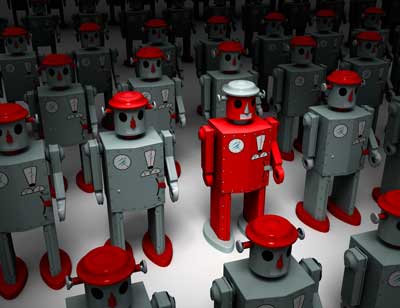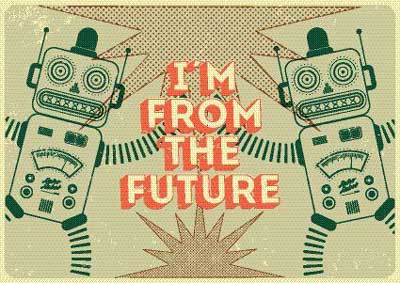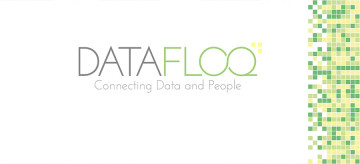- Advertising
- Bare Metal
- Bare Metal Cloud
- Benchmarks
- Big Data Benchmarks
- Big Data Experts Interviews
- Big Data Technologies
- Big Data Use Cases
- Big Data Week
- Cloud
- Data Lake as a Service
- Databases
- Dedicated Servers
- Disaster Recovery
- Features
- Fun
- GoTech World
- Hadoop
- Healthcare
- Industry Standards
- Insurance
- Linux
- News
- NoSQL
- Online Retail
- People of Bigstep
- Performance for Big Data Apps
- Press
- Press Corner
- Security
- Tech Trends
- Tutorial
- What is Big Data
Big Data and Artificial Intelligence: NOT the End of the World as We Know It

Have you heard the latest warnings by geniuses like Stephen Hawking, Bill Gates, and Elton Musk? According to them, machines taking over the world is the single greatest threat to humanity. It’s the stuff science fiction thrives on. Machines become so smart that they realize what a pox people are on the world and—Bam! The computers do us in.
But that isn’t really about to happen. Sure, it makes for great TV and articles, sells some books, and assures the folks issuing these dire warnings will stay relevant in the news for awhile. Our current technology just isn’t there yet, and as the science behind artificial intelligence unfolds, people have already begun developing safeguards to make certain this can’t really happen. Here’s the real deal.
What Machines are Really Good At

Big data can do some really cool stuff. It’s helping medical researchers find underlying contributing factors to disease development, it aids financial firms in finding the next startups to invest in for the highest profit margins, and even lets Amazon remind us that we need to order printer cartridges for our office printer. But it takes a tremendous amount of human cajoling to get the computers to fork over this kind of insight. To an incredibly small degree, computers can self program to the extent of automating certain low-level tasks. Computers are excellent at taking all of the data people put in, crunching it according to the algorithms humans write, and delivering results according to specifications the humans developed.
What Machines are Really Bad At
What computers can’t do is what humans are so great at. Uniquely human things like language are easy for people, yet computers struggle with even basic lingual tasks like language translation and voice recognition. Google Translate and Siri are good examples. Though they do pretty well most of the time, nobody would trust national security to an agreement translated by Google or an answer given by Siri. Machines can do a lot of high-level stuff when humans tell them to, but they aren’t so good at deciding what to do for themselves. This would include exterminating humanity so that they could take over.
The Future of Artificial Intelligence

What you can expect to see in the near future are things like self-driving cars, more automation around the home, and a huge transition toward automation at the workplace. Factory jobs, for instance, are rapidly moving away from labor-intensive, unsafe, dirty work towards jobs conceptualizing, designing, building, testing, installing, operating, maintaining, and repairing robots. Many low-level programming jobs are falling into the hands of automation software, too.
At home, it shouldn’t be too many years before self-driving cars are a reality, allowing us to snooze a little longer in the mornings while our cars get us to work. Home automation will include heating and air conditioning units that learn our patterns of behavior and preferences and set themselves without a difficult and frustrating programming process. Refrigerators will alert us when we’re low on milk, and probably place an order for milk delivery so we don’t have to drop everything and run to the store. Our alarm systems will have facial and voice recognition capabilities, so that they know when it’s okay to open the door and when it isn’t.
What isn’t in the future is a world where computers decide humans are all bad and off us all. Modern programmers have already developed manual override systems so that we can tell the computers when enough is enough and it’s time for human intervention. If all else fails, we still have the ability to cut the power—problem solved!
Readers also enjoyed:

Little wins key to big data success


Leave a Reply
Your email address will not be published.